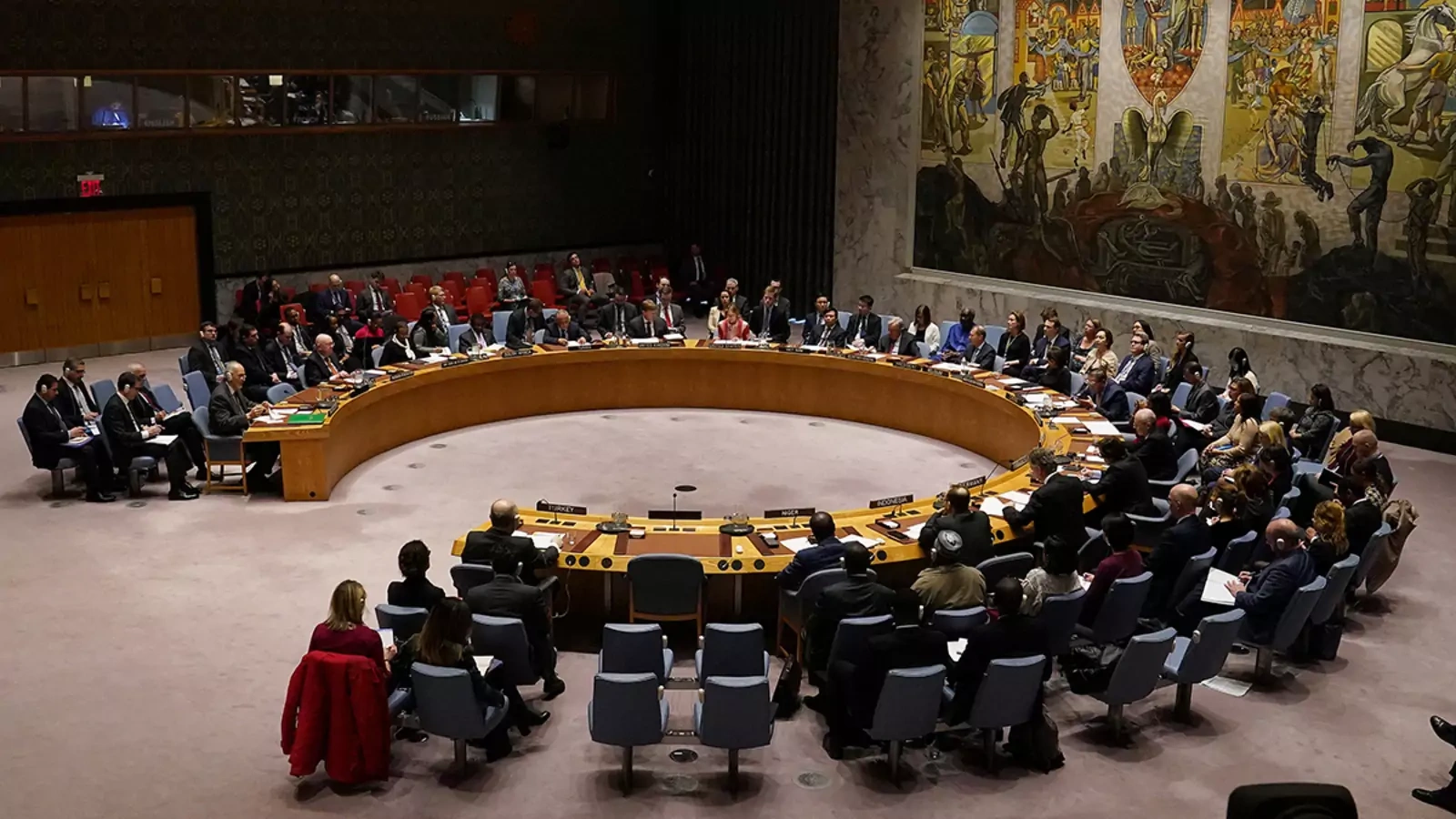Terrorist organisations blocked from the “formal financial system” are circumventing restrictions with cryptocurrencies, Svetlana Martynova, United Nations (UN) Countering Financing of Terrorism Coordinator said in a speech at a recent event.
At the UN Counter-Terrorism Committee’s Special Meeting from 28 to 29 October, the official discussed measures to tackle terrorist financing from “new and emerging technologies.”
She mentioned that using cash were “predominant methods” to finance terrorist activities, adding: “We know terrorists adapt to the evolution of conditions around them and as technologies evolve they adapt as well.” Hawala is a system for transferring money in Arab and South Asian nations.
#UNCTCEmergingTech pic.twitter.com/mGzrn2xufB
— United Nations CTED (@UN_CTED) October 29, 2022
She continued, stating: “If they’re excluded from the formal financial system and they want to purchase or invest in something with anonymity, and they’re advanced for that, they’re likely to abuse cryptocurrencies.”
The UN aimed to tackle the issue internationally by persuading nations to adopt resolutions from the bloc’s regulatory body, the UN Security Council, along with measures from the Financial Action Task Force (FATF) she said, adding it was the main challenge.
She criticised some nations for failing to start working on and enforcing regulations for such threats.
Antonio Guterres, UN Secretary-General, echoed Martynova’s comments, explaining that emerging technologies improved the human condition but also had the potential to harm via terrorism financing.
He said: “Terrorists and others posing hateful ideologies are abusing new and emerging technologies to spread disinformation, foment discord, recruit and radicalize, mobilize resources and execute attacks.”
RAND Corporation and Crypto Terrorism
According to the RAND Corporation, several factors increased the likelihood of terrorist funding via cryptocurrencies, the organisation noted in a 2019 report.
It found that growth in the cryptocurrency market would “require increase reliability and more-widespread usage, leading to greater adoption of crypto financial systems, also in terrorist locations.
It also stated that second-generation cryptocurrencies with “advanced privacy features” could facilitate “more illicit use of these systems.”
Several superpowers such as the United States, China, and the European Union (EU) block bitcoin anonymity on exchanges, but decentralised platforms and countries with fewer or no regulations could create difficulties in tracing transactions.
Concluding, it added increased cryptocurrency use in “complementary and adjacent markets” could reveal growing use for terrorist organisations, including darknet and “illicit drugs and stolen identities” markets.




